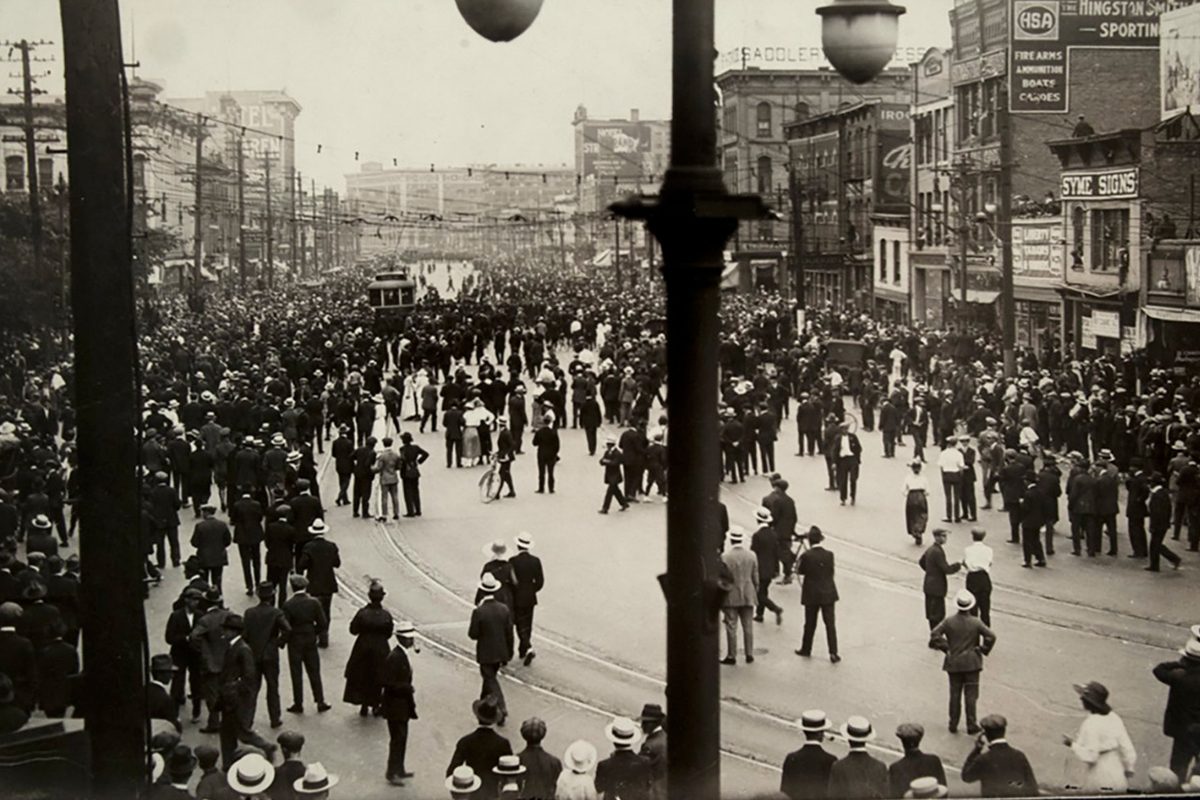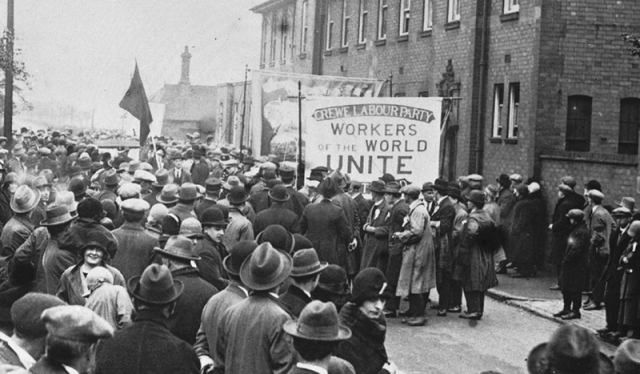

The standpoint of the owners however made it hard for him to preserve the balance.īaldwin did not disguise the fact that he thought the coal owners inefficient and backward. His policy was to let industry work itself out while the Government mediated, if necessary paying out subsidies, but only if they were genuinely productive. He also pointed out that the State hitherto had been unable to break the cycle of strikes and industrial warfare. There was no satisfactory precedent and he felt that the Civil Service would not be able to take the risks that a businessman could, and would not show the same profit margins. He thought that Nationalisation was undesirable. The employers expected a Tory government to represent them, and resented any attempt to hold the balance in an industrial dispute.īaldwin was an advocate of Social Welfare, but was becoming less and less sure of the value of direct intervention in the industrial process. Stanley Baldwin, the (Conservative) Prime Minister at the time, had been aware of the peculiar conditions brought about by the occupation of the Ruhr, and while he would not concede a wage claim, he planned a general reorganisation, which brought him up against the owners. The owners were determined to reduce wages or increase hours, and the miners saw a real threat to their national minimum wage, so hard won in 1921. The problems were hard to solve the owners could not easily raise the price of coal, they lacked the weapon of protection and were competing against cheap German exports. Economist JM Keynes placed the differential effect on exports at 10%, while later historians have placed it nearer 2 ½ %.

There is some disagreement as to how much the return to the Gold Standard affected the industry. The situation had been temporarily improved by the French occupation of the Ruhr but, as the French withdrew, the protected market vanished, leaving a fall in exports and unemployment rising. In 1924 there were still 1400 separate mining companies, and royalties were still paid to 4,000 owners of the land. Wages had gone up during the war, and now the owners tried to make pits competitive by forcing wages down instead of introducing new investment.Ĭoal had been in high demand during the war, and many of the best seams were now exhausted and the machinery run down. Labour costs were much higher than those in Europe and since they formed the largest part of the costs in the industry, any increase in wages immediately priced British coal yet further out of the world market. Mechanisation compared with the Ruhr and Silesia had fallen back, and many mines were too old and bore thin, worn out seams. Output per man shift was only marginally better in 1927 than in 1914.

The industry was out of date it relied as in 1913 on cheap manpower. Britain had suffered a loss of export markets during and after the war.Īs a whole, the decline was slow except for periods of slump like 1921, and production fell gradually, from 287 millions tons in 1913, to 267 million tons in 1924 and to 222 millions tons in 1935. At the same time, economies were being made in the use of coal in industry. A small but not unimportant reason was that the use of oil and electricity was on the increase not only at home but abroad. The long term decline in the coal industry was due to many factors. Miners leaving at the end of a shift - painting by G Palmer


 0 kommentar(er)
0 kommentar(er)
